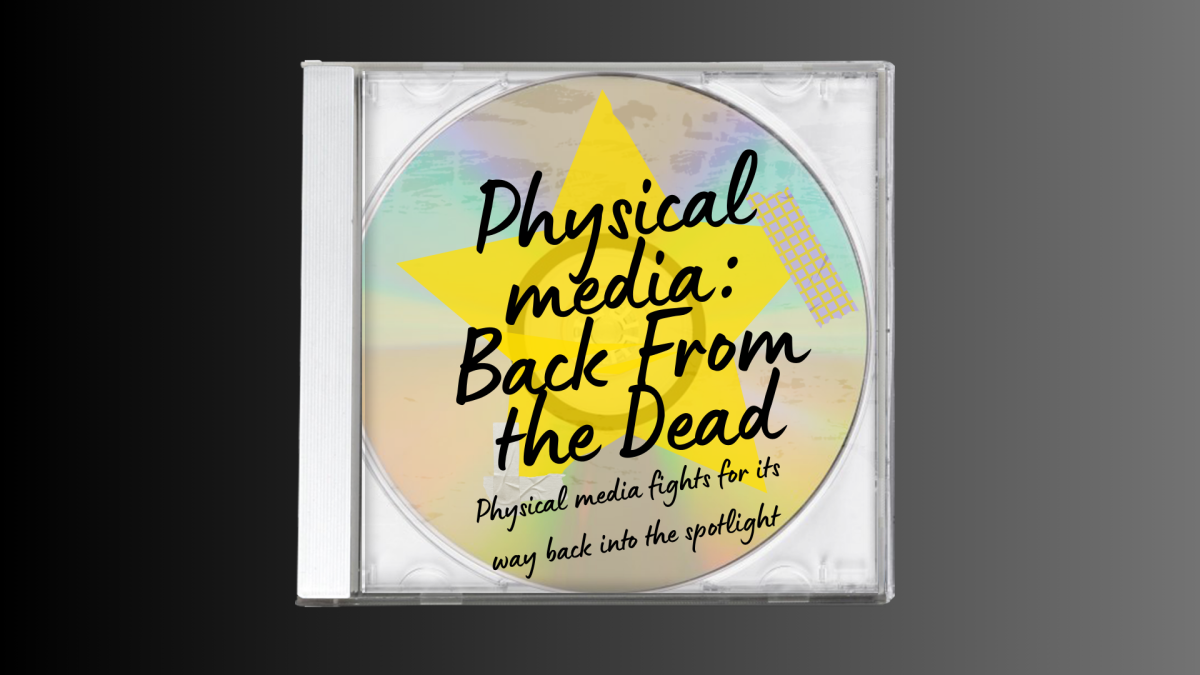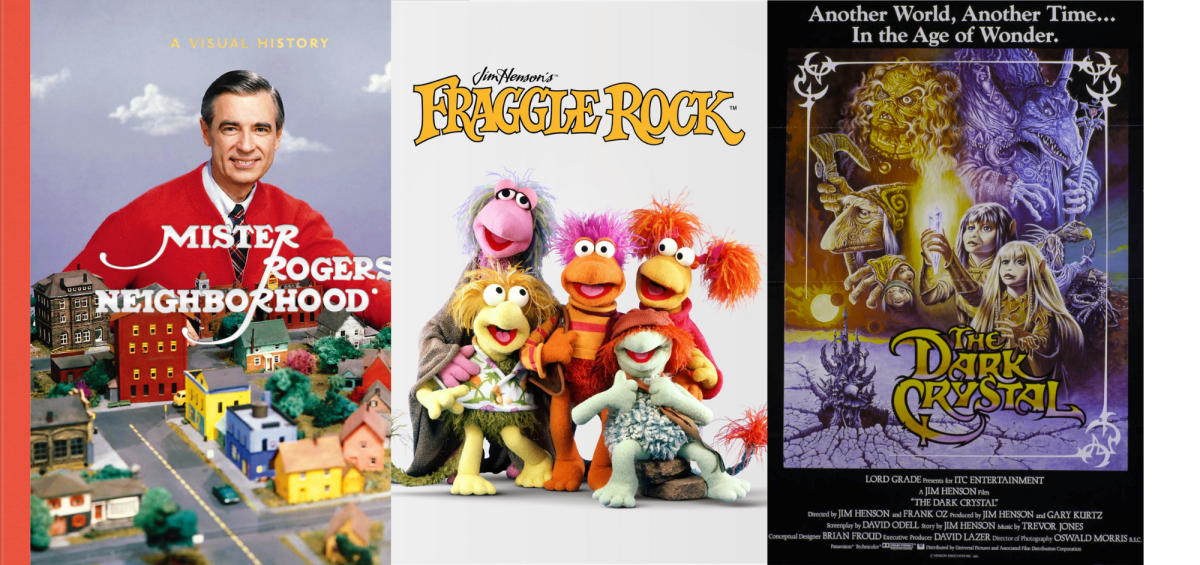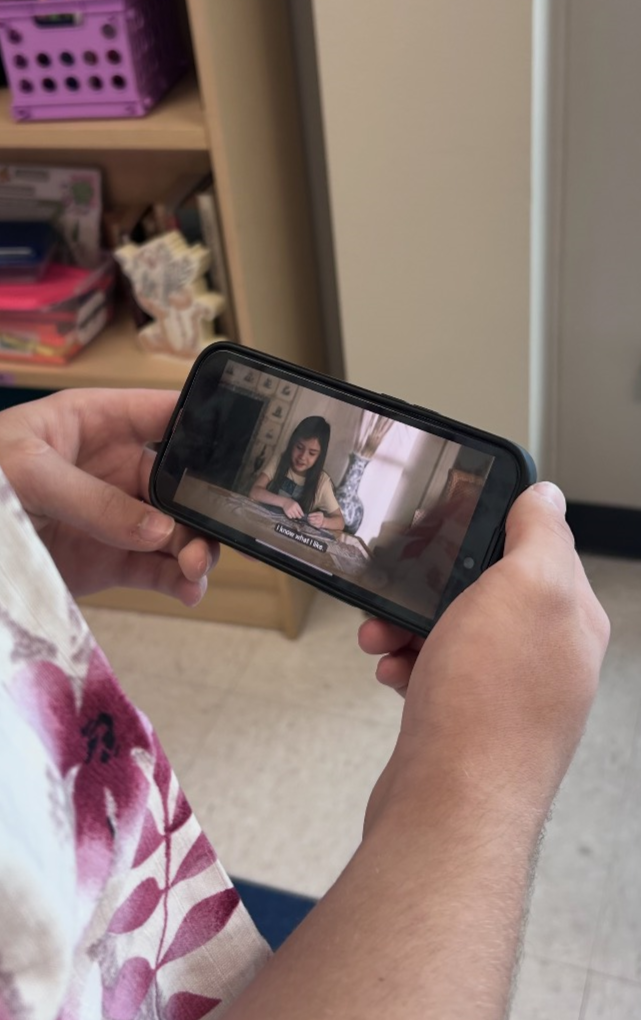CW: Reference to domestic abuse
I watched Practical Magic (1998) for the first time three years ago after reading the book “Practical Magic” by Alice Hoffman. Initially, I was not a fan. I realize now this was primarily a case of incorrect and unreasonable expectations: there is simply no way for a book spanning several decades to be condensed into two hours (nor should it be). In order to accommodate this, the principal storyline of the movie had to be changed. The more I acknowledged this, the more willing I was to give the movie a second chance. The more I thought about rewatching the movie, the more its virtues stuck in my head: it was fun, witchy and campy.
Practical Magic is about the Owens women, specifically Sally (Sandra Bullock) and Gillian (Nicole Kidman), sisters descended from a long line of witches and cursed to kill the men who love them. After their parents die, Sally and Gillian are raised by their eccentric and magical aunts Frances (Stockard Channing) and Jet (Dianne West). Both are desperate to escape their circumstances, and do by getting married (as in Sally’s case), and running away with a boyfriend (as in Gillian’s case). After years apart, mutual tragedy and hard circumstances bring the sisters back together in their childhood home where they must navigate new love, raising children, and past boyfriends.

Practical Magic is meant to be experienced, not understood. The principal appeal of it is not the well-structured narrative (which is often meandering) but the enjoyability of the performances and the characters themselves.
Trying to follow the plot is confusing because of the tonal dissonance present throughout. Dark scenes revolving around Gilly’s abusive boyfriend or Sally’s grief of the death of her husband are followed by over-the-top humor and performances.
It’s almost like watching three movies at once: one being about recovering from past trauma, the second being about accepting magic, and the third about healing relationships with the people in your life. The movie is crowded with strongly conceived vignettes that display the nature of the characters, but these anecdotes don’t always fit together in a cohesive, or narrative way. However, this is where the film gets its charm — in the unabashed way it explores an entire range of human experiences from a female perspective.
More than anything else, Practical Magic tackles the inheritance of women. It’s a powerful look at intergenerational trauma/grief, and the expectations women levy against one another and themselves. It perfectly captures the complexities of comparing yourself to other female relatives, and the simultaneous love and resentment these relationships can breed.
Do the characters emotions always feel consistent with their conveyed personalities? No. But this is perhaps where the movie gains its realism. Human emotions seldom make sense, they’re seldom logical, and they’re often disorienting.
At its core, beyond the trauma and the magic, Practical Magic is about the complexity of female relationships and the nuanced communities these interactions create.
It’s a love letter to sisterhood — both in the relative and chosen sense — to ancestors, to daughters, to mothers, to developing friendships, and to the innate magic within.
9/10 would enjoy witchy camp again
Further breakdown:
Writing Quality: 8/10 Enjoyability: 10/10
Pace: 7/10 Visual elements: 8//10
Plot development: 7/10 Insightfulness: 8/10
Characters: 9.5/10







